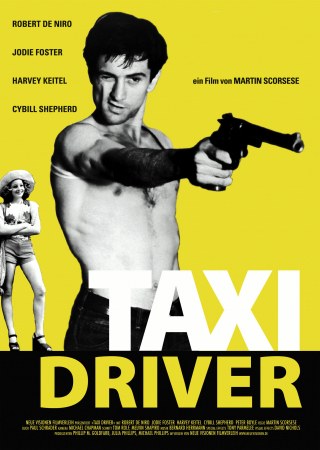

They are like the proverbial Boy Scout who helps the little old lady across the street whether or not she wants to go.

In both films, the heroes grow obsessed with "rescuing" women who may not, in fact, want to be rescued. It is a widely known item of cinematic lore that Paul Schrader's screenplay for "Taxi Driver" was inspired by " The Searchers," John Ford's 1956 film.

Every time I see it, it works I am drawn into Travis' underworld of alienation, loneliness, haplessness and anger. Martin Scorsese's 1976 film (re-released in theaters and on video in 1996 in a restored color print, with a stereophonic version of the Bernard Herrmann score) is a film that does not grow dated, or over-familiar. Most of us are better at dealing with it. This utter aloneness is at the center of "Taxi Driver," one of the best and most powerful of all films, and perhaps it is why so many people connect with it even though Travis Bickle would seem to be the most alienating of movie heroes.


 0 kommentar(er)
0 kommentar(er)
